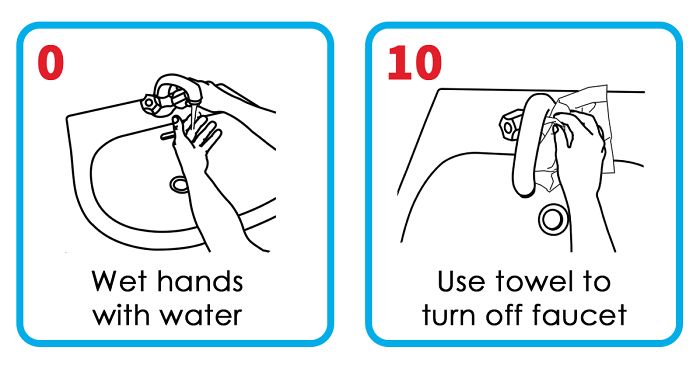
This Is How The World Health Organization Claims We Should Wash Our Hands
The novel coronavirus has already killed at least 2,800 people worldwide. With more than 83,000 global cases, there have been confirmed cases in every continent except Antarctica. And while authorities are working tirelessly to contain the outbreaks, there are things we can all do to protect ourselves.
However, when it comes to preventing viral infections — especially those that spread via droplets from coughs and sneezes — washing your hands is the first-line measure.
Reminding us how to properly do it, the World Health Organization (WHO) released a comprehensive step-by-step guide that shows the entire process.
Some people continue to question that something as simple as washing your hands could have a significant effect in the context of an epidemic.
However, a 2019 study from the Massachusetts Institute of Technology in Cambridge shatters these doubts.
“Viruses may be transmitted through air, resulting in the contagion of airborne infections or through physical contact between individuals. The transmission is accelerated when dense populations are concentrated in confined spaces, like an airport, with a lack of good hygiene and efficient air ventilation,” the researchers wrote.
The team used epidemiological modeling and data-driven simulations to see if and how better hand hygiene might affect the rate of disease transmission. Specifically at airports.
They looked at things like flight duration, flight distance, connections, and the time travelers spend in airports. Based on these numbers and studies on how people interact with each other and with their surroundings — as well as what this might mean for the potential of coming into contact with pathogens — the investigators ran a series of simulations of contagion patterns.
They concluded that if 60% (rather than the current 20%) of air travelers would keep their hands clean, it could slow down the spread of infections by almost 70%.
For more protective measures against the coronavirus, check out this advice the WHO issued to the public.
Here’s what people said about the guide
22Kviews
Share on FacebookWhy are people acting as if these are extreme and/or ridiculous? All this sounds like standard guidelines to me, I know I was taught similarly in elementary school. I'm not saying I follow every step every time, but at least I keep it in mind.
WASH YOUR HANDS. Wipe off surfaces (doorknobs and such). AND DO NOT WEAR A MASK UNLESS YOU ARE INFECTED! The mask is to stop a person spreading the disease, not stop them catching it. Sources: CDC; WHO.
So, then why do doctors and nurses wear masks in the hospital?
Load More Replies...Looking at this makes me realize I've been doing it sort of wrong 😐
Why are people acting as if these are extreme and/or ridiculous? All this sounds like standard guidelines to me, I know I was taught similarly in elementary school. I'm not saying I follow every step every time, but at least I keep it in mind.
WASH YOUR HANDS. Wipe off surfaces (doorknobs and such). AND DO NOT WEAR A MASK UNLESS YOU ARE INFECTED! The mask is to stop a person spreading the disease, not stop them catching it. Sources: CDC; WHO.
So, then why do doctors and nurses wear masks in the hospital?
Load More Replies...Looking at this makes me realize I've been doing it sort of wrong 😐

 Dark Mode
Dark Mode 

 No fees, cancel anytime
No fees, cancel anytime 



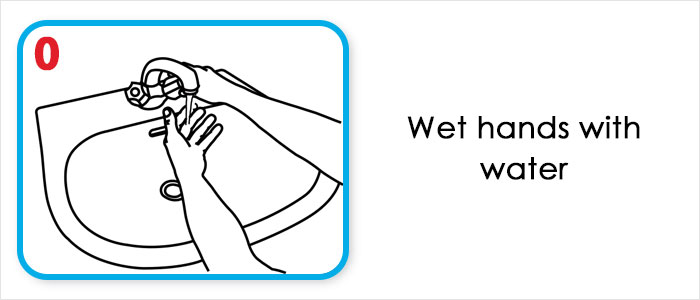
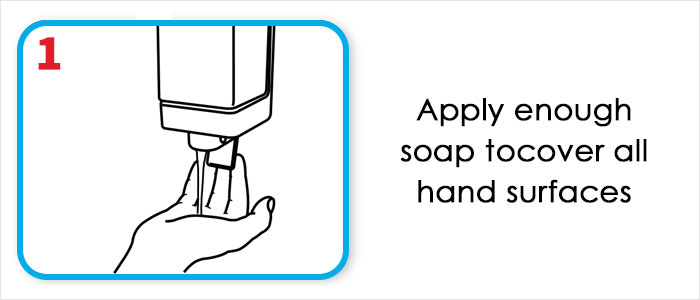
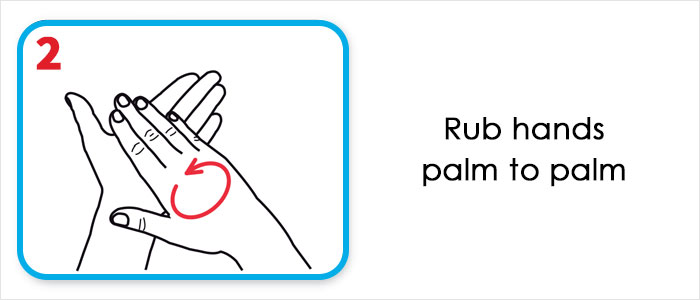
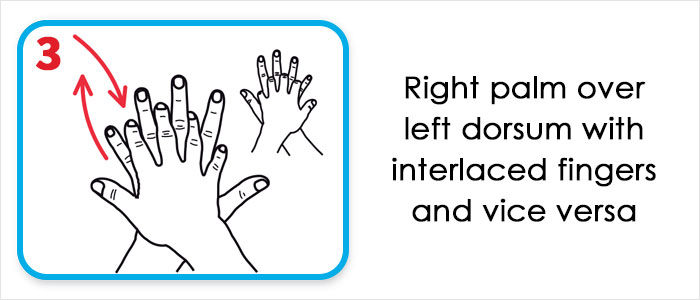
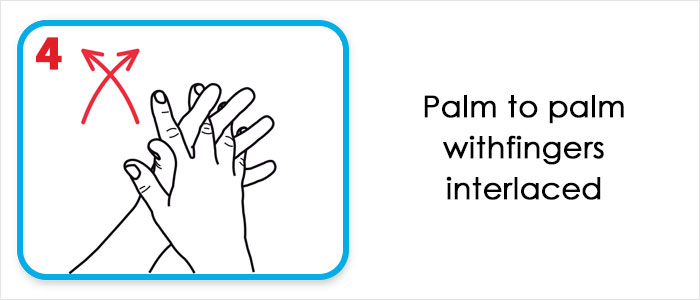
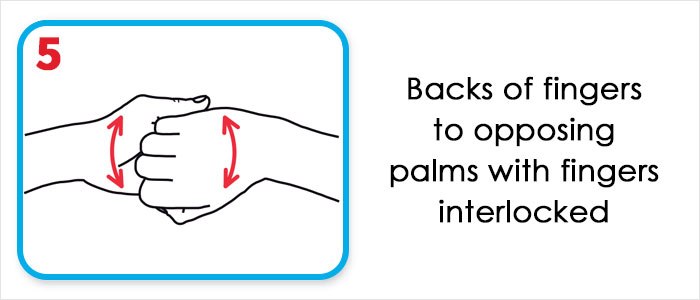
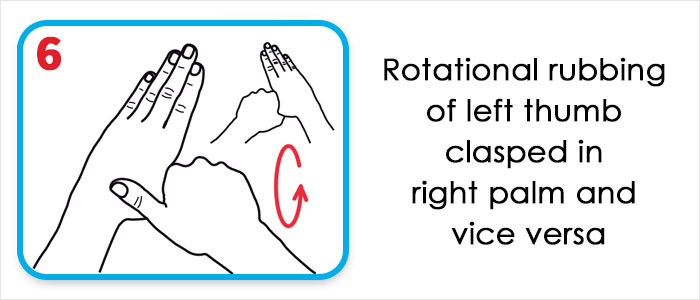
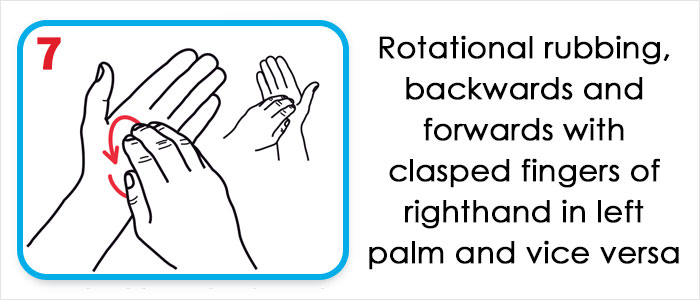
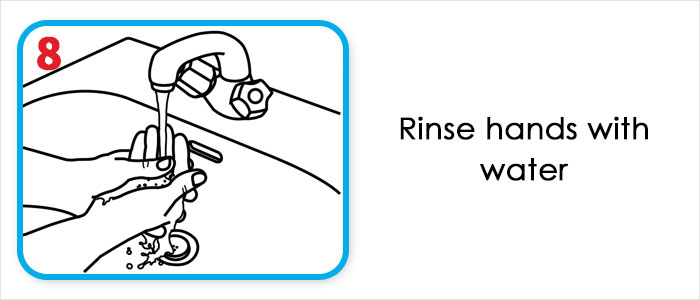
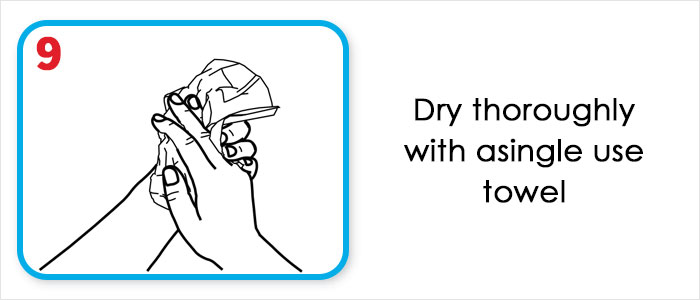
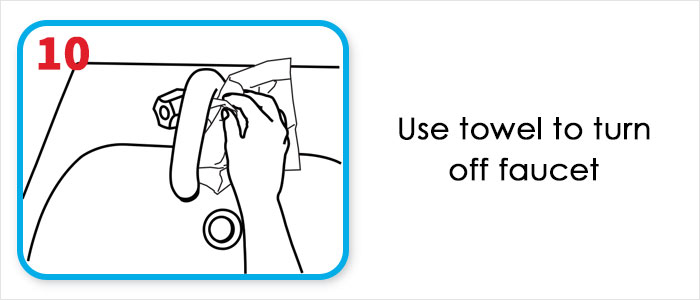
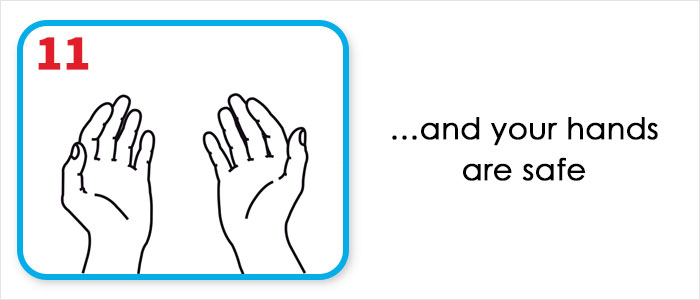



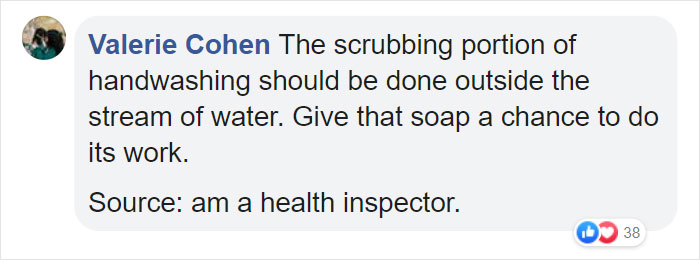
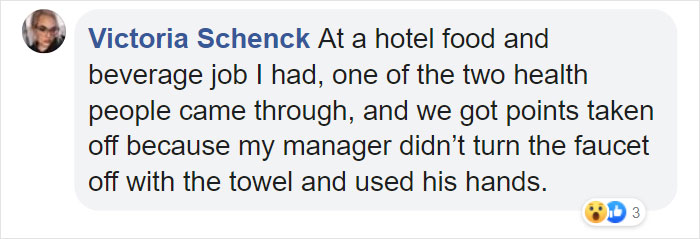
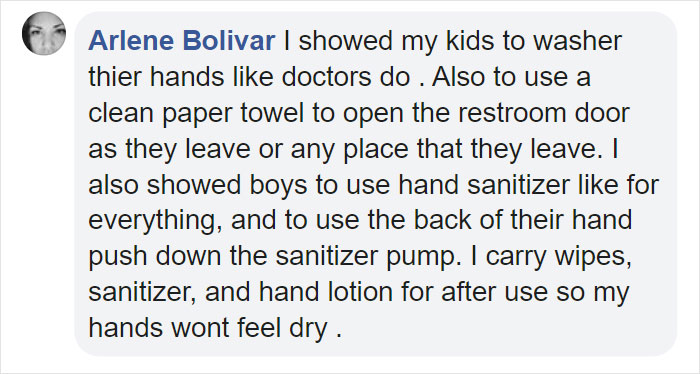
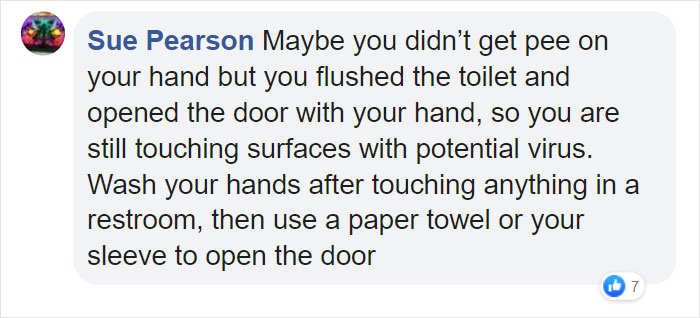

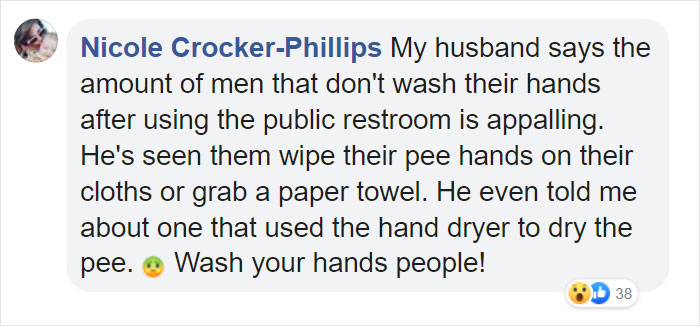
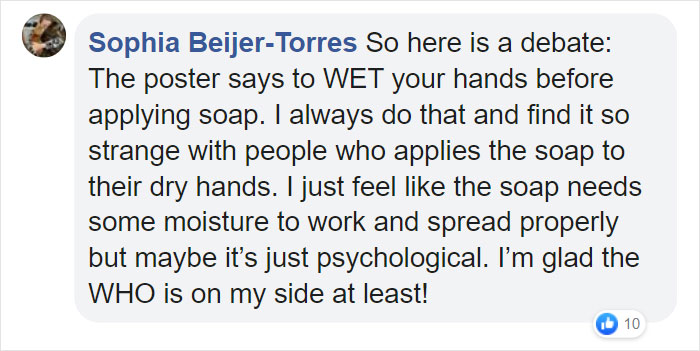















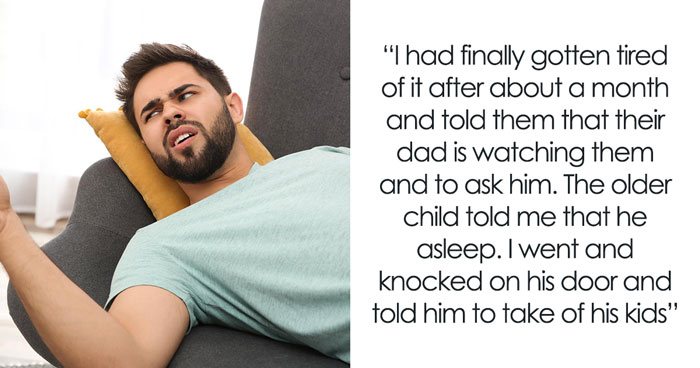







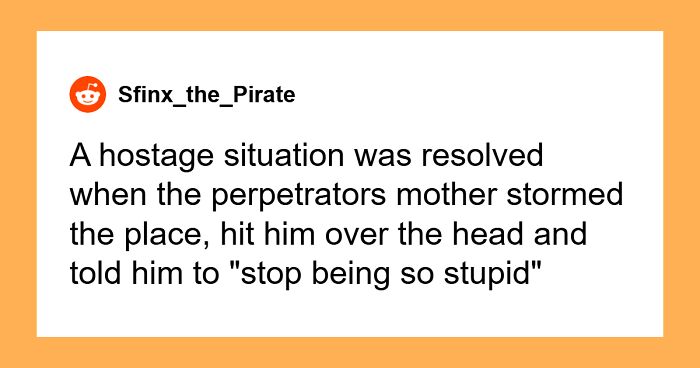



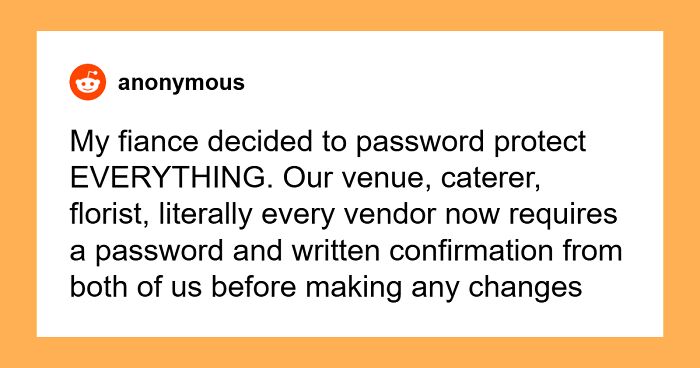



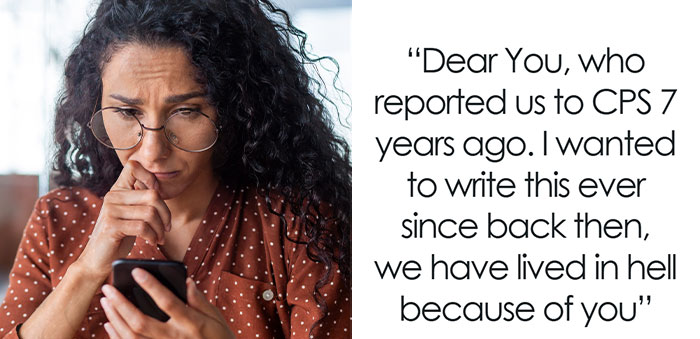







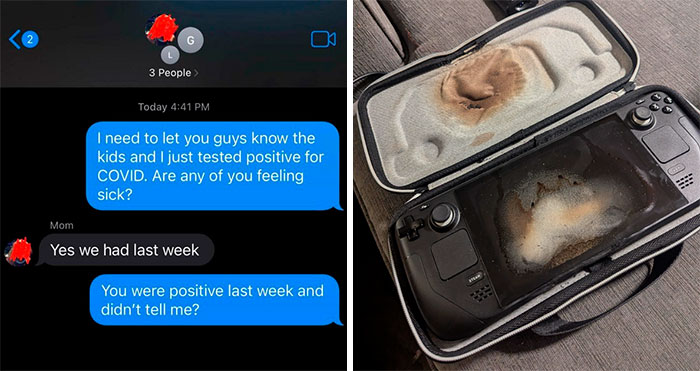




112
42